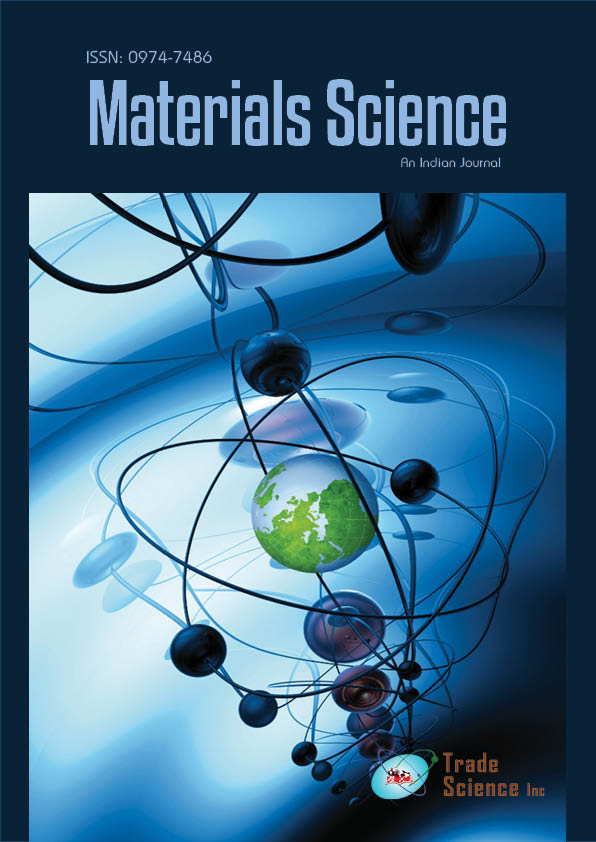抽象的な
Quantification of Caffeine in Selected Beverages Via Gas Chromatography-Mass Spectroscopy
Quincy A. Edwards, Sherry-Anne S. Hinkson, Leah D. Garner-O��?neale and Sergei M. Kulikov
Caffeine content of sugar free beverages (colas, coffee, energy drinks and herbal teas) was determined by gas chromatography-mass spectroscopy (GC-MS) without using any pre-separation or background correction techniques. The method is based on direct injection and standard addition prior to analysis. The results show that 5-hour energy (7390 mg/L) contains a much greater caffeine content than the other beverages investigated. The caffeine concentration (64-72 mg/L) found in soft drinks is in line with the United States Food and Drug Administration (US FDA) limit of caffeine content in carbonated beverages. Caffeine in herbal teas (3-49 mg/g) varies with the brand of tea. Decaffeinated coffee (1.5 mg/g) was found to contain about 94% less caffeine than caffeinated coffee (24 mg/g) whereas Lipton Decaffeinated Green Tea (3 mg/g) contained about 80% less caffeine than its caffeinated brand (13 mg/g). Non-caffeinated beverages were found to contain little or no caffeine. The wide range of caffeine concentrations in beverages makes it noteworthy for consumers to be aware of the caffeine content of beverages as high caffeine levels in the human body can lead to health implications.
